Last week shabai.com reported that the cabinet of Ministers and Zonal Administers held a meeting where his excellence PIA have evalution of development programs.
I am sure now some of u r saying “so what?”.
Hold on! There is something new to it: the generals where not there! What happened? Ever since the political crisis in PFDJ in 2001, the army have been give unconditional power and authority…..a shift that changed the landscape of the power in Eritrea. As part of this power bestowed to the army generals, the commanders of the zonal operations were given a seat in the self- appointed body of cabinet ministers, zonal administers and commanders of operations. (This self appointed body has replaced the national assembly, though without any official announcement). The body by it self is a nominal body: where the PIA shows up with power point presentation and the ministers and administers are seen on TV taking notes and applauding at the end of the meeting. Nothing more is known about what goes in that meeting. But it is reasonable to assume nothing critical question will ever raise. As such, it is of no use whether the general or self appointed yes-men seat on these chairs…..But there is a symbolic meaning to that. The presence of the generals in that body was a symbol of the power shift from civilian institution(to be correct, from tegadelti, semi-civilian) to a military institution. And when they were absent from that meeting last week, one can hope if this is the begining of a power shift back to the civilian institutions. During the last 5 to 6 years, the army has a upperhand in the decision making than the civilian institutions and oversights their activities. This was a deliberate choice by PIA to secure his power through the barrel of the gun. This eventually left the public under the mercy of the army…and thus: the agelglot were put in building the houses of their commanders while their families left without help: the army took the function of the police, building their own prison system: the colonels administered the municipalities: the list is long.
However, once the civilian institutions were under full control, the competition for power and status started among the ranks of the army them selves. Eventually this has manifested last month in a failed assassination attempt on the life of Colonel Simon: the head of the internal security. The event was largely interpretyed as a by-product of the competion among the groups emergying in the army. The fact that the attempted assassination was on top security personel means a direct threat to the power of PIA. The question that follows was how would PIA respond to that? And some have hoped the struggle between these military groups may bring a change so needed in Eritrea.
The exclusion of the generals from the “club meeting” last week is PIA’s response to the generals. To show his assertion and discontent, immediately he excluded them from his club meeting. But how far will he restrain them from the tremendous power they have now? Will this continue to the point where the civilian institutions regain their authority?
To me it looks he will not go so far. To do so means to preclude the extravagancy these generals and colonels now used to enjoy. This will mean to risk his power. What he probably will do is, as usual, play with the divide and rule card. Under the name of corruption, a bunch of the disfavored generals and colonels will either be freezed or sent to jail. The rest will still continue with their tremendous power share.
Unfortunately this will not bring any change to the poor people.
Subscribe to:
Post Comments (Atom)





























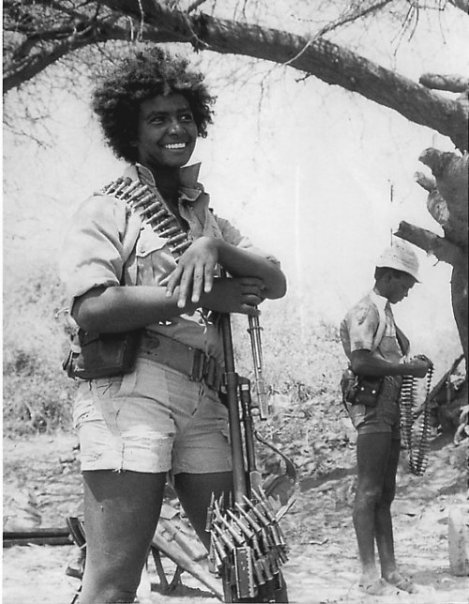

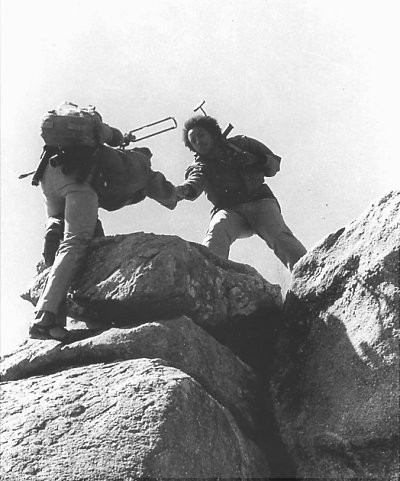

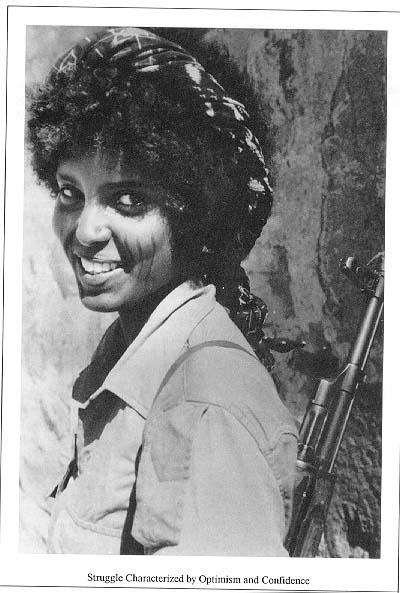







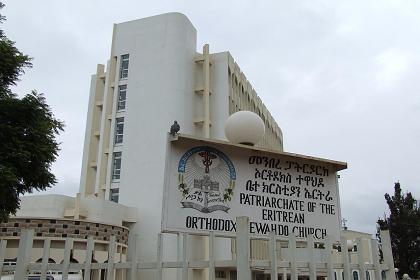





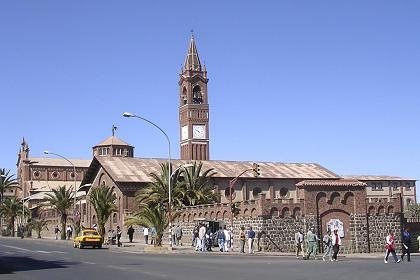
No comments:
Post a Comment